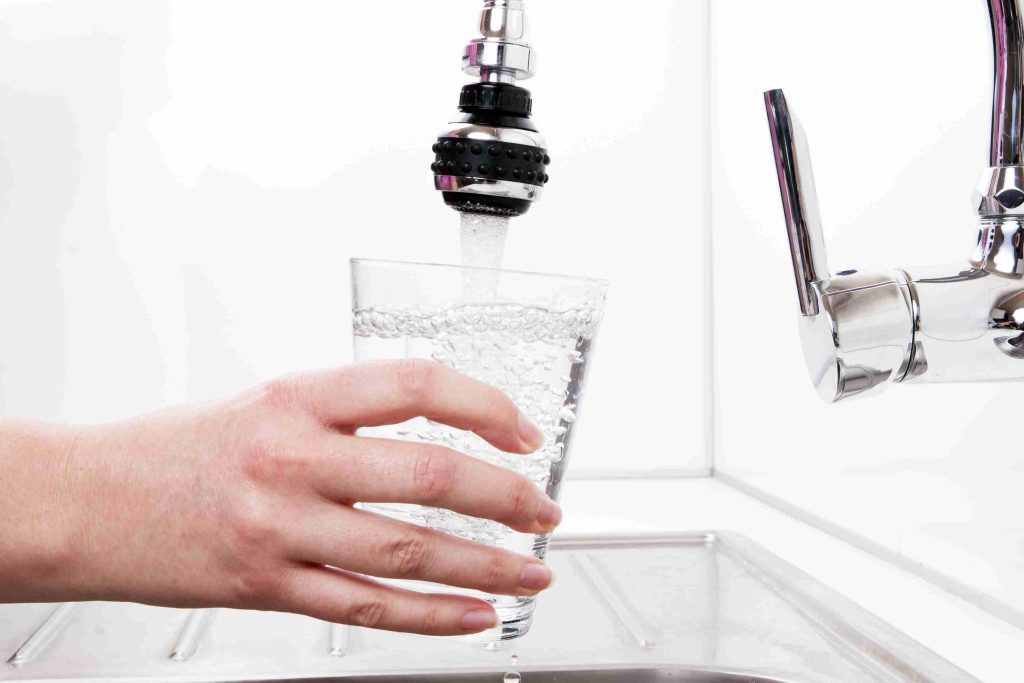Despite the fact that public water is already treated, four out of ten Australian homes choose to utilize a home water treatment unit of some form. One of the most commonly used water filters is the faucet filter. There are a variety of filtration systems that are more efficient than this one. Some individuals are sceptical, and they wonder if faucet filters are effective. Is it worthwhile to spend the money, or should I go for a more expensive model? Are tap water filters effective?
So, we’re ready to figure out this question, as well as all of the ambiguities surrounding this water-filtering device.
Filtering Versus Purifying
People don’t compromise doing the best they can to get the cleanest and purest water for their families because clean water is closely linked to our health.
People, on the other hand, frequently appear to misunderstand the terms filtering and purifying, mistaking the two for one and the same.
Despite the fact that we use them interchangeably, they are vastly different. It’s as if we refer to every vehicle on the highway as a “truck,” whether it’s a motorcycle or a sports car. That doesn’t make any sense, does it?
Filters and purifiers are also two very distinct things.
Filtering is a method of removing bigger pollutants from water that has already been treated. Because the water has been treated with bleach and other chemicals, it has a foul stench that we inhale when we drink it.
Furthermore, your treated water may contain chlorine and lead, both of which are harmful to your health.
Filters such as faucets and pitcher filters are used to remove chlorine and lead from the treated supply water and make it odourless. These filters also filter out dust, grime, bacteria, cysts, mercury, and other toxins from the water.
Purifying, on the other hand, indicates that the filtration system removes everything, even microscopic particles like arsenic.
If the water hasn’t been treated or has been handled incorrectly, it must be purified. A good example is the reverse osmosis (RO) water purification system.
Many countries provide clean water to their populations; nonetheless, the water appears to include hazardous chemicals such as arsenic.
How Does a Faucet Filter Work?
It will be much easier for you to grasp about faucet filters now that you have a better understanding of water filtration and purification.
A faucet filter works by trapping different types of sediment, such as dirt and sand. It also removes chlorine and lead from your water. If you put a faucet filter on your kitchen sink tap or somewhere else, you can drink odourless and tastier water.
A filter cartridge is housed inside the housing and does all of the filtrations for you. This filtration procedure consists of several phases
# 1 Removing Sediment
The water passes through a non-woven screen that is wrapped around the filter cartridge when you turn on the tap. Dirt, sand, and other tiny particles are trapped by this screen.
# 2 Block of Activated Carbon
Once the water is free of sediments, it must pass through a compressed activated block of zeolite and carbon for the second time.
It is a porous surface featuring crevices and nooks due to the millions of tiny microscopic pores that make it up. When water travels through this step, nooks and crannies capture impurities and effectively remove chemicals, primarily lead and chlorine.
More contaminants are removed as water travels slowly through this block of carbon. Unless you clean or replace the cartridge when the activated carbon surface becomes clogged with pollutants, you will not receive effective results.
# 3 Chemical Removal
The final step reduces a significant amount of chemicals. Although activated carbon can handle most contaminants, it doesn’t perform great when it’s about to deal with magnesium, calcium, and other substances.
This step makes sure that you get odourless tastier water every time.
How much contaminants will be trapped depends on how long the water contacts with the cartridge. Slow-flowing water comes out cleaner than water that flows fast.
That’s the reason why many models let the water pass through the tap slowly which ensures cleaner water.
So, How Effective Are Tap Water Filters?
The effectiveness of a faucet water filter is determined by the application. You will receive great outcomes when it comes to filtering treated water. The filter will remove chlorine and lead from the water while also reducing sediment levels.
Additionally, it will improve the general flavour of the water as well as remove the chemical odour.
You can easily remove impurities from your tap water and drink nicer water that is chlorine and lead-free. It’s the cheapest water treatment tool that assures you’re drinking better water.
You can consult trusted and professional plumbers if you have the right tap water filters in your house or if you are just planning to have one.




